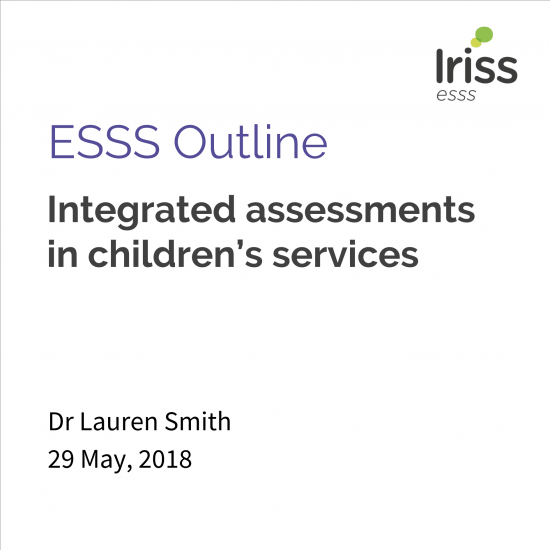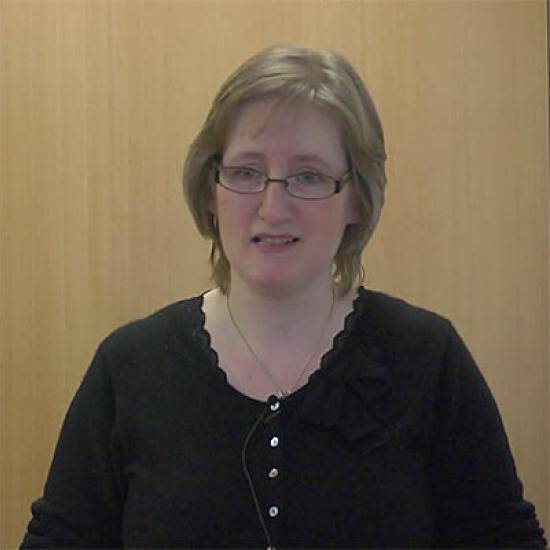Integrated assessments in children’s services
ESSS Outline
Care Opinion
Care and support is something all of us will receive at some point in our lives. However, our experiences of that care are likely to vary. Some of them will be good and perhaps even excellent, and some might be dissatisfactory and disappointing. Opportunities to express opinions about these good and bad experiences are not always available. Services often have complaints procedures in place but people may not wish to formally complain: rather they might prefer to suggest a change to improve a service, or comment on very good or bad care. And that's where Care Opinion comes in.
Personality disorder
A talk in seven parts presented by Dr Andrea Williams, Consultant Psychiatrist Personality Disorder and Homeless Team, NHS Greater Glasgow and Clyde.
Self management and rehabilitation
A new managed knowledge network (MKN) from NHS Education Scotland provides access to information and evidence about adult rehabilitation and the management of long term conditions. Rehabilitation in this context is defined as "a process aiming to restore personal autonomy to those aspects of daily life considered most relevant by service users, and their carers."
Behind the Headlines
Almost daily the broadcast and print media announce new evidence that, for example, doctors could spot autism earlier by observing how toddlers respond to cartoons or that there is a direct link between passive smoking and dementia. These reports seldom cite the source and, worse, often report the findings selectively or inaccurately.
HandsOnScotland
The HandsOnScotland website describes itself as a toolkit of helpful responses to encourage children and young people's emotional well-being. It's designed to offer practical information and techniques to help people who work with children respond helpfully to troubling behaviour, build up their self-esteem and promote their positive mental well-being.



